“Lend me your eyes and I’ll show you what I see.” – Hybrid Dave, 2013 (fact). I’m Dave Williams and I’m a photographer from London, England. I shoot travel and people (which I realise is very broad!) I scour the world for photographic opportunities which will inspire, evoke memories, and make money!

Telling an accomplished, professional photographer that their photographs look good based on the camera they use or the natural beauty of the subject they’re shooting is akin to telling a painter that their canvasses look good based on the skill of their brush. You just wouldn’t. A photographer who is successful puts a lot of work into their images, but what is that work in my mind? What’s my thought process? That’s what I’ve decided to write about for Scott’s blog the week.

What I see in my minds eye will end up on the screen or the wall in front of you, no two ways about it. It’s those photos on that screen, or those photos in the dusty photo album you’ve pulled out of the attic in 50 years time to blow the dust off and show the grandkids which will evoke the memory of that one moment. Long after the dance has been had, the champagne has been drunk, the glacier has melted, the sun has long since set over the horizon, that memory will come to the forefront of your mind and you’ll be taken back to it in time, along with the sudden recollection of a lost memory of the 2 minutes either side of that photo being taken. The sights, sounds and smells, the emotions, they’ll all come back to life.

I’ll make it happen over and over again, and you won’t remember it unless I take that photo in such a way that the composition, timing, lighting and all other elements are skillful, creative and artistic enough to capture that moment precisely. You may not remember it unless I take the photo. The snapshots of time I can make happen through skilled consideration of angle, composition, exposure, lighting, aperture, timing, they are memories. My job is to take all those elements, package them up carefully, and then put them into the shot for everyone to see and it’s something that’s been tried and perfected over years.

Forget composition, that’s been overcooked now. Let’s look at what happens inside us. Why do photos work? How do they release the chemicals in our mind that makes us feel a certain way? I’ve been working on this piece for a while now, and a fair chunk of research has gone into figuring out the link between photographic art and human emotion. Photography is powerful. It captures a real life event, as opposed to an imagined or otherwise represented painting.

It allows us, as photographers, to put people into our eye and our mind. It allows people to see the world from our perspective. One of my favourite photographic lines is, ‘lend me your eyes and I’ll show you what I see.’ More than this though, we use photography to understand ourselves in relation to everything and everyone around us. We can place ourselves into the perspective of those we see in the image.
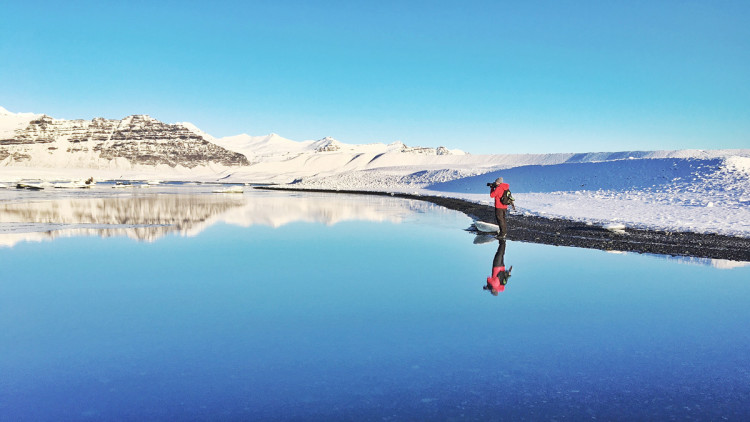
Our ability to identify with someone else’s point of view is deeply ingrained in the architecture of our brain. We can imagine what they are seeing. Photography plays a unique role in triggering the region of the brain that controls empathy. To understand how photographs activate this brain network, it’s first necessary to deconstruct emotional processing into simpler components. One of the most fundamental social skills that humans have, that of imitation, is key here. Imitation is automatic and a basic requirement for developing practical social skills, like empathy.
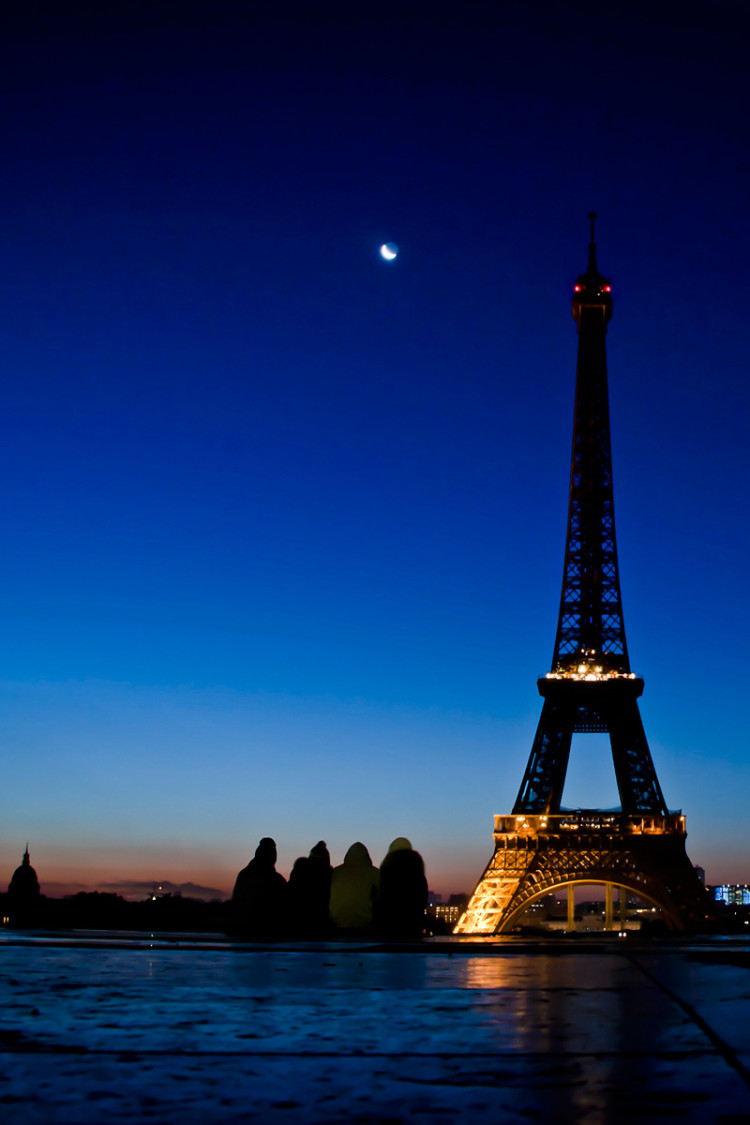
When we see the expression of other peoples faces there is an unconscious activation of the same muscles. We’ve all heard of this, it’s been studied time and time again and comes into play daily on conscious and sub-conscious levels and in all our interactions. It’s the key player in the dating game. If you like someone you’ll copy them, and similarly they’ll copy you if they like you back. Imitation is a result of visual information combining with muscle activation, which in turn facilitates empathy.
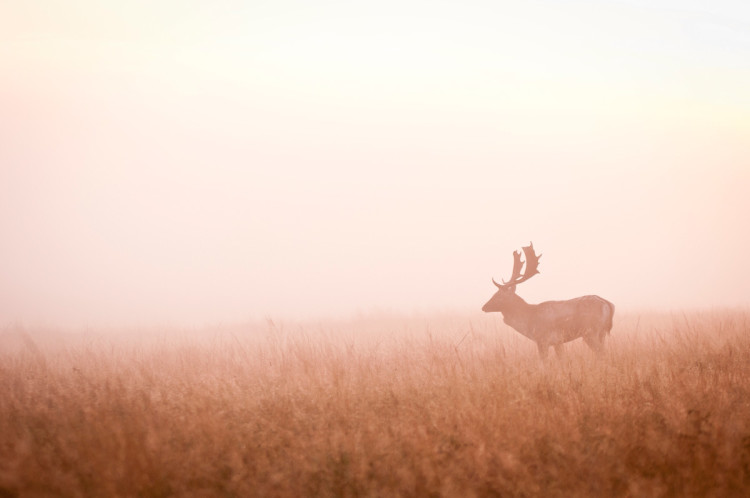
Our capacity to imitate is thought to rely upon a specialised network of brain regions called the human mirror neutron system. With a simple photograph our brain will unconsciously processes biological motion, attend to where emotions are being directed, activate muscles of those we are observing, and transmits this information to language processing centres where we can consciously express our own emotional reaction.
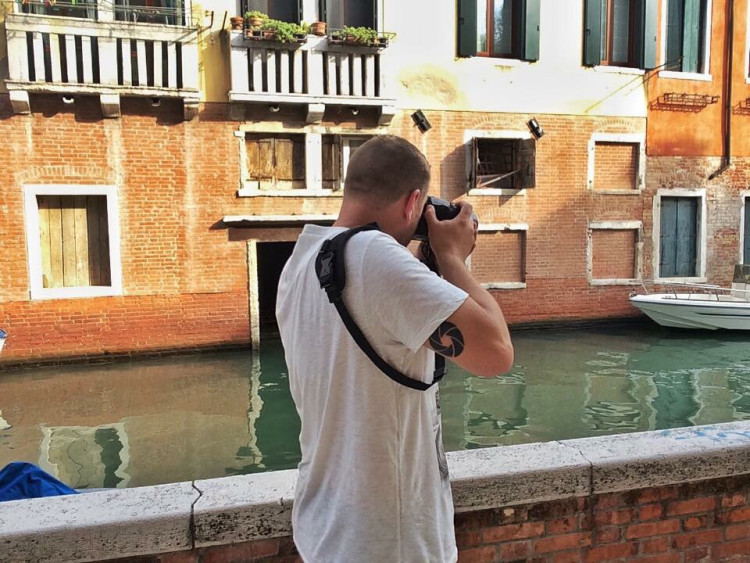
Imitation is a basic social skill that often occurs unconsciously due to the learning we’ve been doing all our life. However, as we age we become much more aware of someone’s emotions not by direct observation by rather by judging their intent. Intent requires us to place ourselves into someone else’s perspective and to hold the belief that other people have minds that are distinct from our own. The mind is something we cannot see and thus we must believe that it exists in theory.
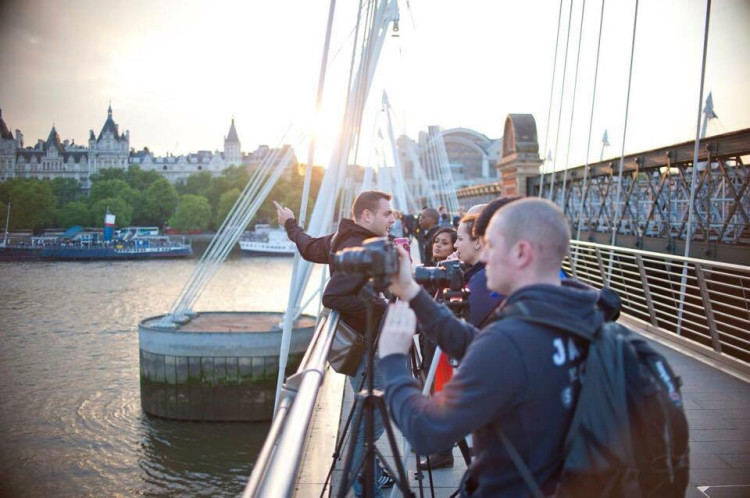
Photography is important because it can influence our capacity to empathise, it affects our motivation to help others, and help us connect with people through imitation. Seeing children at war, viewing a familiar scene we’ve never actually seen in real life, watching the total destruction of cities undoubtedly appeal to our emotions and our yearning to interact and feel we have an involvement in the image. The very survival of our species has and still relies on understanding how other feel, attending to the needs of those around us, and working with one another to construct a better society.
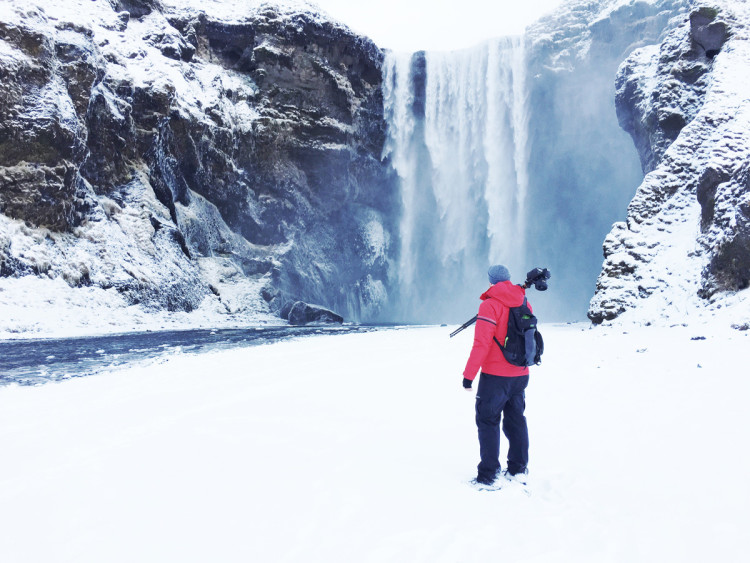
Photography is more important than ever because we need visual imagery that reflects our connectedness, especially in a world that is as dynamic as ours with a constant daily bombardment of visual stimulus in the digital world. The way we see is unique to each and every one of us, but the common theme is empathy and this can be generated in the capture of a good photograph. Not just through composition, but in content. The capture of the emotion in front of the lens. In terms of my specialist field, travel photography, I want each and every person to feel the love that goes into my photos.
To see more of Dave’s work, check out HybridDave.com, and follow him on Facebook, Twitter, Instagram, and Flickr.



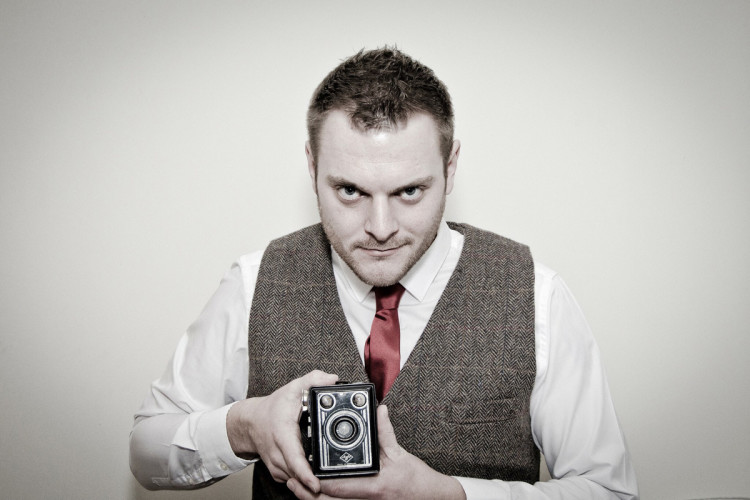


1 comment